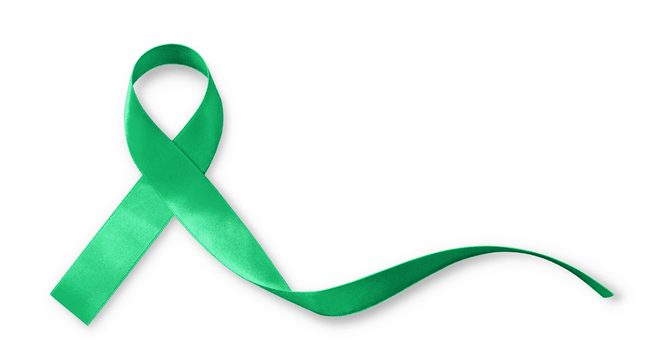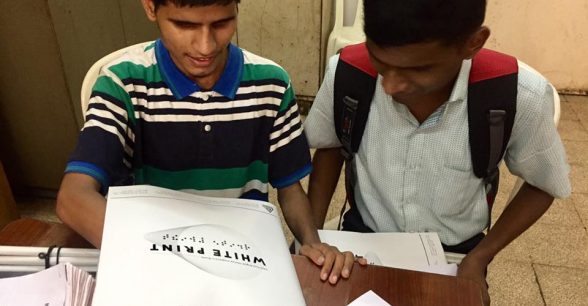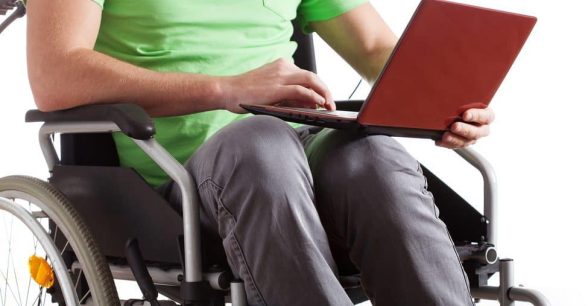Why I Believe Cerebral Palsy “Awareness” is Important
I had to explain spastic diplegia to my doctor a few weeks ago. It’s the particular type of cerebral palsy (CP) I have, and it’s also the most common type. I’ve long since given up hope of any general practitioner (GP) I see knowing what CP is, despite the fact that it’s such a common physical disability. This doctor, my new GP after a recent move, was no different.
“So it’s just your legs?” she asked in some confusion. I sighed.
“Okay, my formal diagnosis is spastic diplegia. That means that my legs are affected more than my arms,” I said patiently, feeling like I was explaining something to a toddler for the hundredth time. “However, it affects everything for me – my legs, my arms, my speech, eyes, everything. And at this point in my life, I see myself more as quadriplegic, because everything is affected more or less equally. Without the surgery I had when I was five, my legs would probably be more affected.”
I’m still not sure she understood, but I gave it my best shot. After all, it’s part of the process of raising awareness.
I have mixed feelings about the concept of “awareness,” but since March is Cerebral Palsy Awareness Month, I feel it’s important to talk about it.
On the one hand, awareness can be useless and even dangerous, like those Facebook status games for breast cancer awareness, or these videos from autism “awareness” organization Autism Speaks that paint autism as some sort of bogeyman and feature a mother saying – IN FRONT OF HER CHILD – that if it wasn’t for her non-disabled child, she’d put her autistic child in the car and drive off a bridge. On the other hand, awareness can be good to educate people about what disabilities like CP actually are.
Because there’s still so much misinformation out there, I feel like we can’t fully denounce “awareness” until everyone gets their facts straight.
Can we have the good parts of awareness without the bad? I think so. Take this example, for instance. As a teen, I went a summer camp for kids with physical disabilities, most of whom had CP. One day during a fall mini-session, we went to a pumpkin farm where one of the attractions was “corn shooters,” loud cannon-type things. I, like many other people with spastic CP, have a startle reflex that causes me to jump in response to sudden noises, touch, or even light. A startle can be uncomfortable, embarrassing, and painful for my muscles especially if there’s several in a short period of time. So, the corn shooters freaked me out and I started panicking. My counselor asked me what was wrong and I told her about the startle reflex. She had no idea.
“You’ve been working at camp for two years,” I said in amazement, “and you had no idea about the startle reflex?” She shrugged.
“I’ve noticed that some of our girls are a little jumpy, but I thought that was just because our bunk is loud.” I laughed, but it felt good to know that the counselor now knew about the startle reflex and would probably keep it in mind in the future.
Learning about the startle reflex didn’t make that counselor see me or any other people with CP differently. There was no fear-mongering or pity involved. (Pro-tip: CP is not terrible or tragic). The counselor was simply educated about something about CP she hadn’t known before. It’s literally that easy to raise awareness.
So, this CP Awareness Month, I still believe in the importance of awareness. But we must fight against harmful “awareness” and take back the term for ourselves. True disability awareness is the first stop on the road to acceptance. It just might take some time to get there.
About Rooted In Rights
Rooted in Rights exists to amplify the perspectives of the disability community. Blog posts and storyteller videos that we publish and content we re-share on social media do not necessarily reflect the opinions or values of Rooted in Rights nor indicate an endorsement of a program or service by Rooted in Rights. We respect and aim to reflect the diversity of opinions and experiences of the disability community. Rooted in Rights seeks to highlight discussions, not direct them. Learn more about Rooted In Rights




Awareness on any disability whether physical or mental is so important. Some of the worst disabilities are invisible ones, I speak from personal experience as a suffering of cronic fatigue.